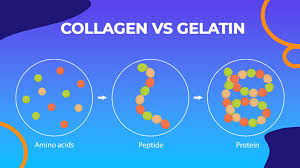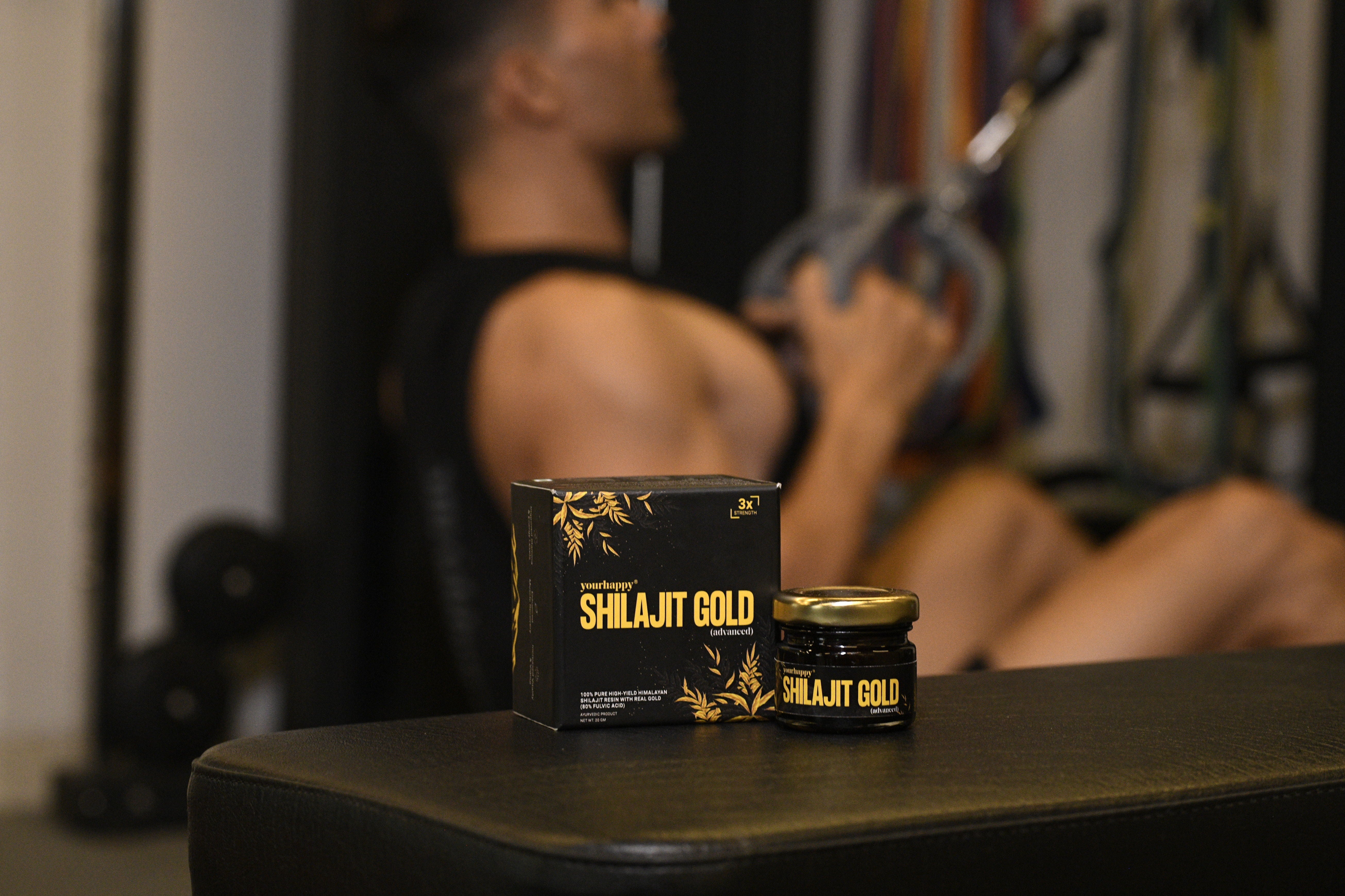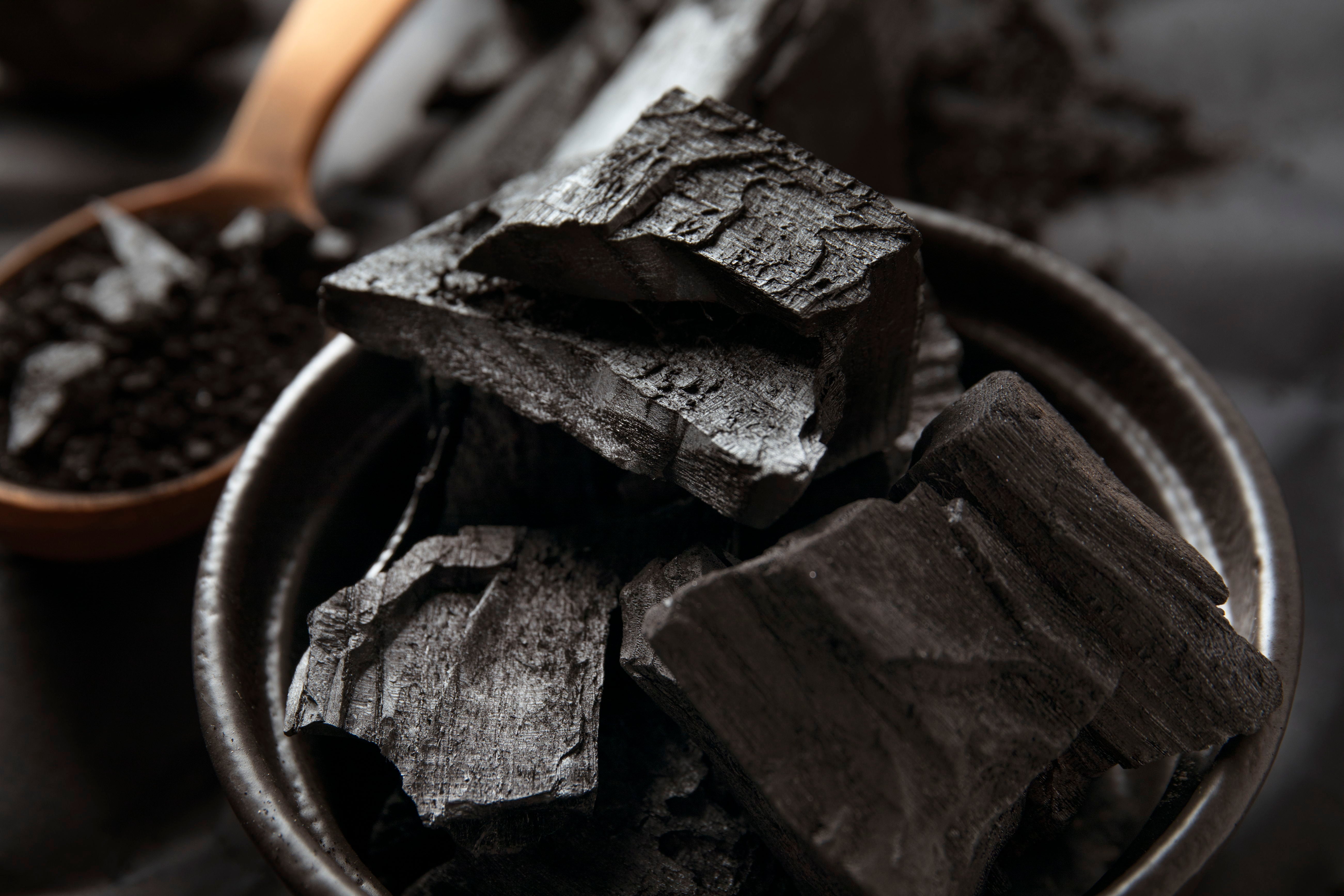News
Collagen vs. Gelatin: Understanding the Differences

Have you seen one of your friends use collagen powder or take collagen capsules but don’t know what these are? Similarly, have you heard someone you know use gelatin but don’t know the benefits? Unsure which one to choose? Let’s consider both options and see what each of them can do. Collagen and Gelatin have both caught on in the health and wellness category, both offering unique benefits. Although they are related, they’re not related. So it’s important to understand if what you need is a collagen supplement or a gelatin supplement for your health. Let’s find out a bit more about both of these!
Collagen
Collagen is an important essential protein found in the human body. It’s the most abundant protein and is important in skin, hair, nail and joint health among other functions. It also provides structure and support to the bones and muscles of the human body. One thing to note about collagen however is that the human body’s ability to produce collagen naturally decreases as we grow older. This is why collagen supplements have gained huge popularity, with supplements like collagen tablets for skin, collagen tablets for hair and even collagen powders that are available in the market. Collagen powders can be added to your smoothies to make a delicious collagen drink as well!
There’s quite a few types of collagen, but some of the more popular ones are:
Collagen Type I - this type is usually found in skin, bones, tendons and ligaments.
Collagen Type II - this type is usually found in cartilage.
Collagen Type III - this type is found in skins, muscles and bones.
Collagen Type IV - this type is important in forming the basement membrane of cells.
Gelatin
Using a process which is known as hydrolysis, gelatin is in fact derived from collagen. This helps break down the collagen into smaller more easily digestible pieces. The hydrolysis process involves boiling animal parts like skin, bone and tissues to extract the gelatin. Gelatin is popularly used for its ability to form a gel-like substance when dissolved in hot or cold water. You might have seen it used in culinary applications like delicious jellies, desserts and soups quite frequently. The hydrolysis process helps in better and easier digestion compared to its parent protein collagen, which makes it easier to use for yummy treats.
Let’s take a look at some key differences between collagen and gelatin.
Form
Collagen: Most commonly found in hydrolyzed form, commonly known as collagen peptides.
Gelatin: Gelatin is available in powder form, as well as in the form of granules and sheets.
Solubility
Collagen: Collagen easily dissolves in hot and cold liquids, making it easy to put in your smoothies and coffee to make a collagen drink. It can also be put in baked goods.
Gelatin: Gelatin dissolves in hot liquids, but forms a gel when it mixes with cold liquids. This makes the use of gelatin limited to recipes that benefit from its properties.
How easy are they to digest?
Collagen: Hydrolyzed collagen is known to be pre-digested, meaning that it is absorbed quicker and in a more efficient manner by the body.
Gelatin: While gelatin is surely more easily digested than whole collagen, it is not as easily absorbed into the body as hydrolyzed collagen.
How are they added to the diet?
Collagen: Collagen supplements that target and improve certain body functions are easily available. Collagen powders for the skin and collagen tablets for hair are quite popular and can be added to the diet quite easily. The best part about collagen supplements is that they can be added to a variety of foods and beverages without altering the taste or texture. So if you’re worried about it changing the taste of your smoothie, be rest assured. A collagen drink tastes the same as the original.
Gelatin: There’s no gelatin supplements available specifically. They’re more useful in recipes which require thickening or gelling. Some popular examples of this are gummies, broths and marshmallows which we enjoy regularly. While gelatin does assist joint health, digestion and skin health, it is used in recipes more than as a supplement.
Nutritional benefits
Both collagen and gelatin offer the same nutritional profiles, as they’re versions of the same protein. They also thus share many health benefits. Some of these are:
- Skin health: Both are quite helpful in improving elasticity in the skin and maintaining hydrated skin which in turn reduces the number of wrinkles.
- Joint support: Both can have a part to play in maintaining joint health, especially as we grow older.
- Digestive health: Both are quite helpful in repairing the lining of the gut, which is good for digestion.
So which one to choose?
If you’re looking for a supplement to add to your diet, such as a good collagen powder or a collagen tablet, then collagen is the way forward. Collagen peptides are easier to use and can be absorbed more easily, hence the supplement versions of these are preferred.
However, if you’re interested in the culinary applications then gelatin can prove to be better as it’s a better option owing to its properties.
While collagen supplements are generally quite safe to use, in the rarest of cases some people might face certain side effects. It’s best to take any supplement in moderation. Start off slow with smaller amounts and then increase the dosage up to what is considered normal. This applies to collagen powders as well as collagen tablets. As a general practice, it’s always best to consult your family doctor or preferred health professional before starting any supplement. It’s always better to be safe, as they say, even if it’s the best collagen powder in the market!









































